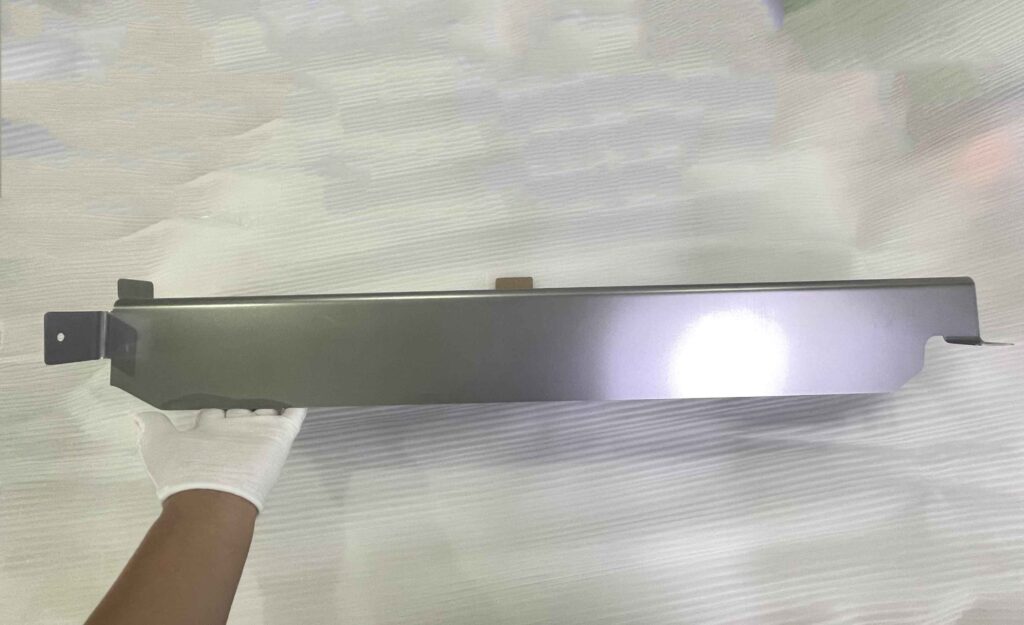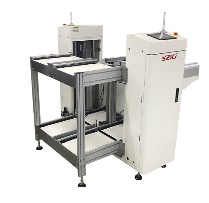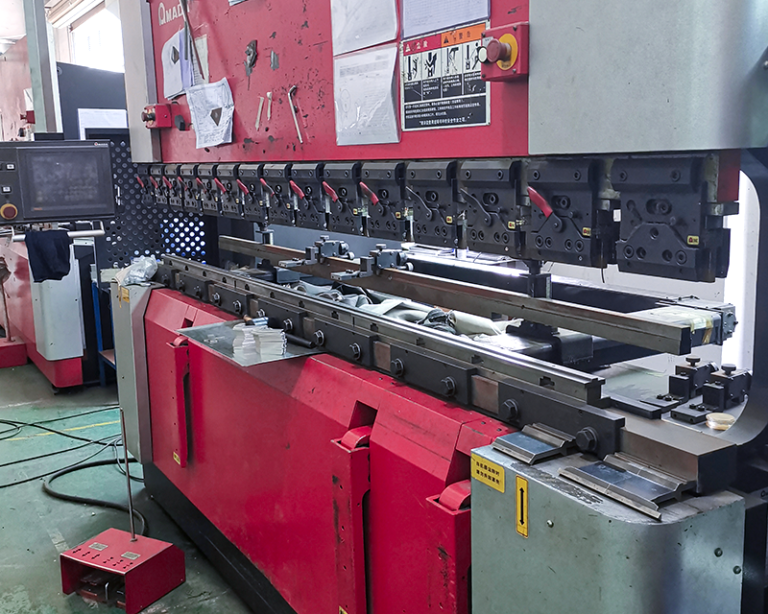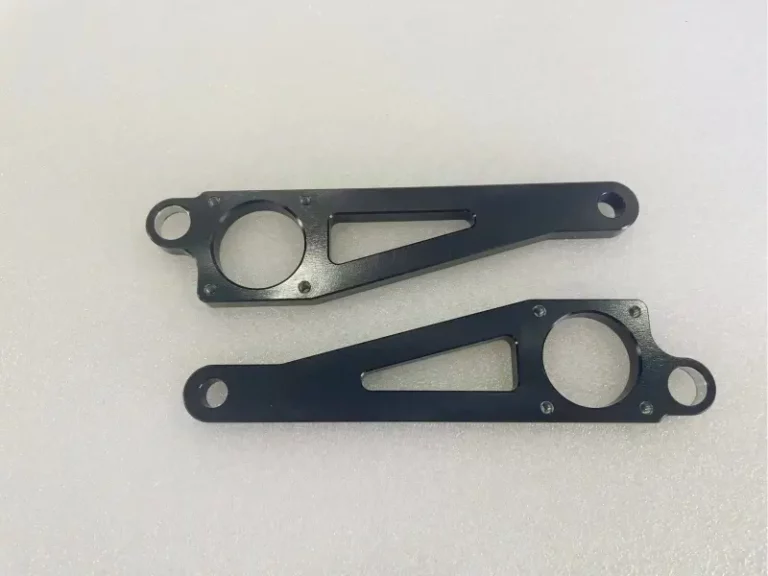Choosing the Right Alloy for Aluminum Sheet Metal Fabrication
Home » Choosing the Right Alloy for Aluminum Sheet Metal Fabrication
RECENT POSTS
Share:
- March 26, 2025
Table of Contents
Aluminum alloys have become indispensable in modern industrial applications due to their lightweight nature, excellent mechanical properties, and recyclability. From aerospace to electronics, choosing the right aluminum sheet metal fabrication alloy can significantly influence project success. A thoughtful alloy selection process ensures optimal performance, durability, and cost efficiency in sheet metal fabrication.
Understanding Aluminum Alloys
Aluminum alloys are divided into two main categories:
- Wrought Alloys: Processed through rolling or extrusion, these alloys offer versatility in forming and are classified by their series (e.g., 5000, 6000).
- Cast Alloys: Used in applications requiring complex shapes, these alloys are produced by casting molten aluminum sheet metal fabrication into molds.
Common Alloying Elements and their impacts:
- Magnesium: Improves corrosion resistance and weldability (e.g., 5052).
- Silicon: Enhances wear resistance and reduces thermal expansion.
- Zinc: Contributes to higher strength, as in 7075, often with trade-offs in corrosion resistance.
- Copper: Boosts strength and machinability but lowers corrosion resistance.
Analyzing Common Aluminum Sheet Metal Fabrication Alloys
5052 Aluminum Alloy:
- Strength: Medium, suitable for structural but not high-stress applications.
- Corrosion Resistance: Excellent, even in marine environments.
- Applications: Automotive fuel tanks, cooking utensils, marine components.
- Fabrication Tips: High malleability ensures ease in stamping and forming.
6061 Aluminum Alloy:
- Strength: High, maintaining weldability and corrosion resistance.
- Applications: Construction beams, bicycle frames, transportation components.
- Fabrication Considerations: Proper heat treatment (T6) unlocks peak performance.
7075 Aluminum Alloy:
- Strength and Toughness: Extremely high, ideal for aerospace and high-load structures.
- Challenges: Difficult to weld, requires precision in machining.
- Applications: Aircraft parts, precision molds, high-performance automotive parts.

Matching Alloy Selection to Fabrication Techniques
1. Stamping:
- Factors: Thickness, elongation, and tensile strength.
- Recommended Alloys: 5052 for its ductility; 3003 for light-duty applications.
2. Bending:
- Factors: Bend radius, spring-back, and surface integrity.
- Tips: Alloys like 6061 in T4 temper reduce cracking risks compared to T6.
3. Riveting:
- Key Consideration: Matching rivet hardness with alloy properties.
- Example: Use 5052 when flexibility and strength balance are needed.
4. Welding:
- Compatibility: 5xxx and 6xxx series are more weld-friendly.
- Alloy Example: 6061 performs well with TIG and MIG welding, given proper filler selection (e.g., 4045 or 5356).
Balancing Key Factors
Cost and Budget:
Example: While 7075 offers superior strength, 5052 may suffice in less demanding applications at a fraction of the cost.
Supply Availability:
Ensure the chosen alloy is available in desired forms (sheets, plates) and sizes.
Sustainability:
Many aluminum sheet metal fabrication alloys are recyclable, such as 5052, supporting eco-friendly practices.
Practical Alloy Selection Process
Define Project Goals:
Structural requirements, environmental conditions, and desired lifespan.
Shortlist Alloys:
Match mechanical and physical properties with project demands.
Evaluate Prototypes:
Conduct stress tests, corrosion exposure, and thermal evaluations to finalize your choice.
Industry Case Study: Automotive Application
In the automotive industry, lightweight is critical for enhancing fuel efficiency. For example, a manufacturer replaced traditional steel components with 5052 aluminum panels, reducing vehicle weight by 20% while maintaining structural integrity. Similarly, 6061 alloy was chosen for chassis parts requiring high tensile strength and corrosion resistance.
Conclusion
Choosing the right aluminum alloy is a multifaceted process involving technical evaluation, cost considerations, and practical application insights. With advancements in aluminum sheet metal fabrication alloy development, the potential for innovative and sustainable solutions continues to grow.
0


